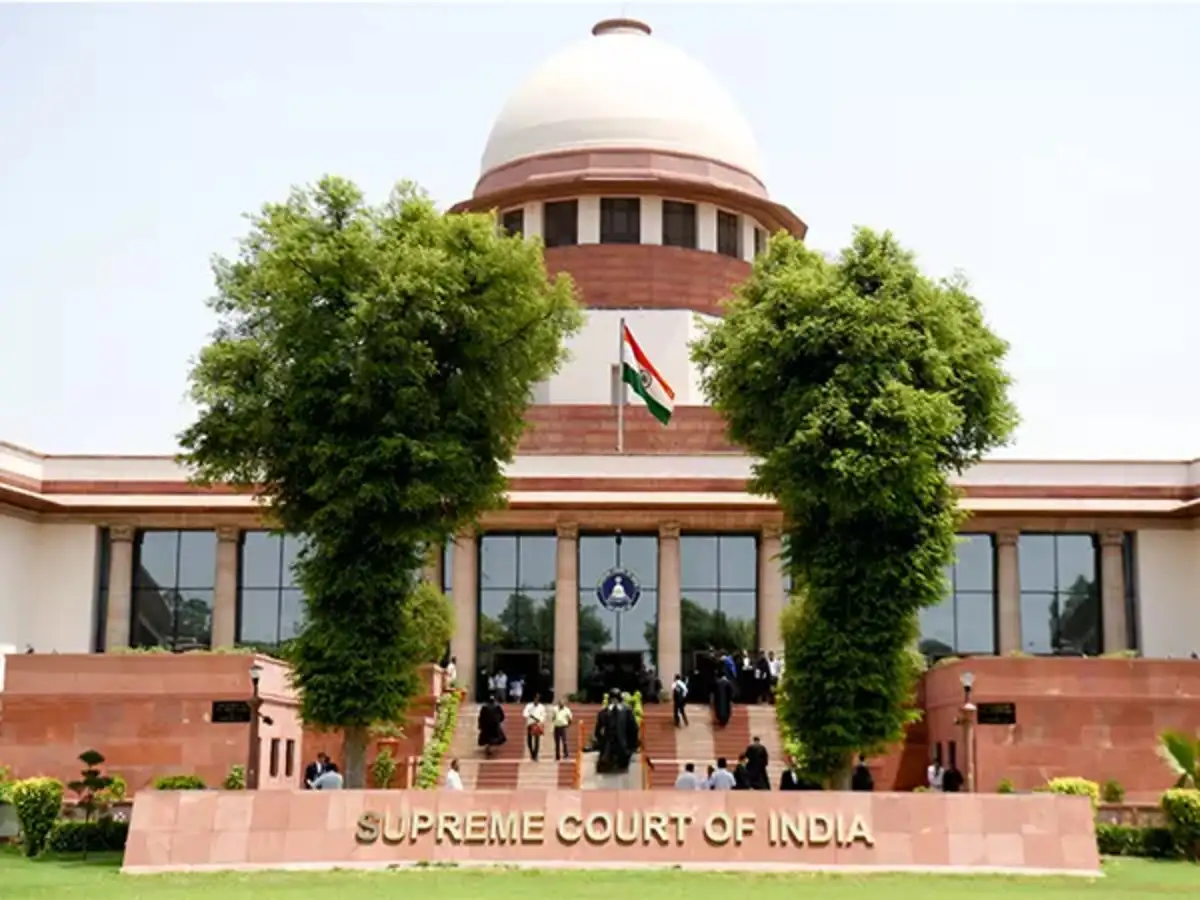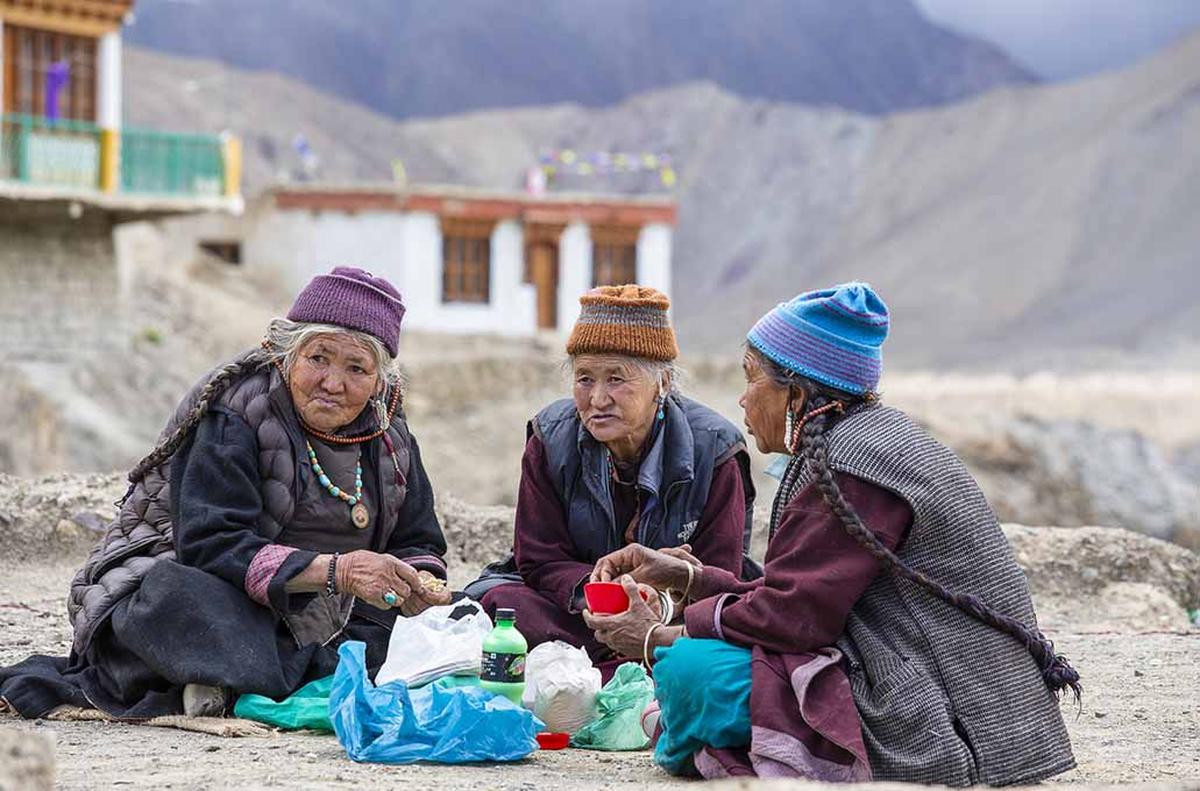- Courses
- GS Full Course 1 Year
- GS Full Course 2 Year
- GS Full Course 3 Year
- GS Full Course Till Selection
- MEP (Mains Enrichment Programme) Data, Facts
- Essay Target – 150+ Marks
- Online Program
- GS Recorded Course
- NCERT- First Ladder
- Polity
- Geography
- Economy
- Ancient, Medieval and Art & Culture AMAC
- Modern India, Post Independence & World History
- Environment
- Governance
- Science & Technology
- International Relations and Internal Security
- Disaster Management
- Ethics
- Current Affairs
- Indian Society and Social Issue
- CSAT
- 5 LAYERED ARJUNA Mentorship
- Public Administration Optional
- ABOUT US
- OUR TOPPERS
- TEST SERIES
- FREE STUDY MATERIAL
- VIDEOS
- CONTACT US
Shifting Power Balance: How Countries in the Southern Hemisphere Are Gaining Influence
Shifting Power Balance: How Countries in the Southern Hemisphere Are Gaining Influence
Latest Context:
Earlier this year, India's Prime Minister organized a virtual summit involving around 125 countries from the Global South to gather their perspectives and priorities for the region.
Understanding the Global South:
The term "Global South" reflects the historical impact of colonialism and the economic gaps between formerly colonized nations and Western powers. It highlights the challenges these countries face in achieving economic progress.
The Birth of G-77:
In 1964, the Group of 77 (G-77) was established, bringing together developing nations to strengthen their negotiating influence in global economic affairs. Presently, it encompasses 134 member states spanning Asia, Africa, South America, the Caribbean, and Oceania.
Revival of Global South: Why It's Back in the Spotlight
Decline in Attention: In the early 2000s, people seemed to care less about the Global South, especially in countries like India and Indonesia. These nations were busy growing their economies and gaining global prominence.
Recent Resurgence: But lately, the Global South has become important again. It's gaining recognition for its role in shaping the world. Several reasons explain this comeback:
- COVID-19 Impact: The pandemic hit Global South countries hard, drawing attention to their vulnerabilities and needs.
- Economic Challenges: The pandemic caused a financial crisis that affected Global South nations more. This highlighted the need for international cooperation and support.
- Russia-Ukraine Fallout: The Russia-Ukraine conflict had global economic consequences. It showed how interconnected global affairs are, underlining the importance of the Global South in international diplomacy.
Critique of "Global South" Term: Is it Accurate?
- Inaccurate Term: Some folks criticize the term "Global South" for not accurately representing the countries it was meant to describe.
- Geography vs. Reality: They point out that countries like India are in the Northern Hemisphere, while Australia, in the Southern Hemisphere, is often seen as part of the Global North.
- A Call for Precision: In the 1980s, people realized this inaccuracy and created the "Brandt Line," which divides the world based on factors like wealth and development, not just geography.
What Does the Global South Want?
- A Fair Voice: Global South countries, with their huge populations, want a fair say in shaping the world's future. They argue that with three-fourths of the world's population, their voice should matter in global decisions.
- Equitable Representation: They demand a fair share of global governance. They say the current system doesn't reflect the world's real demographics and economies.
Signs of Global South's Influence in Politics
- Global South's Priorities: India's leadership of the G20 focused on Global South concerns, showing an awareness of their unique issues.
- Leadership from the South: Developing countries like Indonesia, India, Brazil, and South Africa hosting consecutive G20 summits signals a desire for more influence.
- Inclusivity: The "Voice of the Global South" summit shows a shift away from Western-dominated power structures.
- Multilateralism: Emphasizing Global South priorities in the G20 reflects a commitment to working together.
- Rise of Developing Nations: Various organizations like G20, BRICS, SCO, Quad, and others actively seek Global South involvement in decision-making.
Evidence of Global South's Growing Influence
- Loss and Damage Fund: At COP27 in Egypt, the creation of the 'Loss and Damage fund' acknowledged the Global South's heavier burden.
- Global South at COP28: Expect Global South countries to lead discussions on climate change at UNFCCC COP 28 in the UAE.
- G7 Inclusivity: Japan's effort to involve developing countries in G7 discussions shows a push for more inclusive dialogue.
- BRICS Expansion: Expanding BRICS membership shows a growing importance of involving more Global South countries.
- G-77 Summit: The recent G-77 summit in Cuba brought together many developing countries to discuss important issues.
- African Union in G20: Including the African Union in the G20 reflects recognition of African nations in global affairs.
Conclusion:
The Global South's influence is on the rise, demanding a fair voice and representation. As the world faces complex challenges, the Global South is increasingly important in shaping global politics and cooperation.



